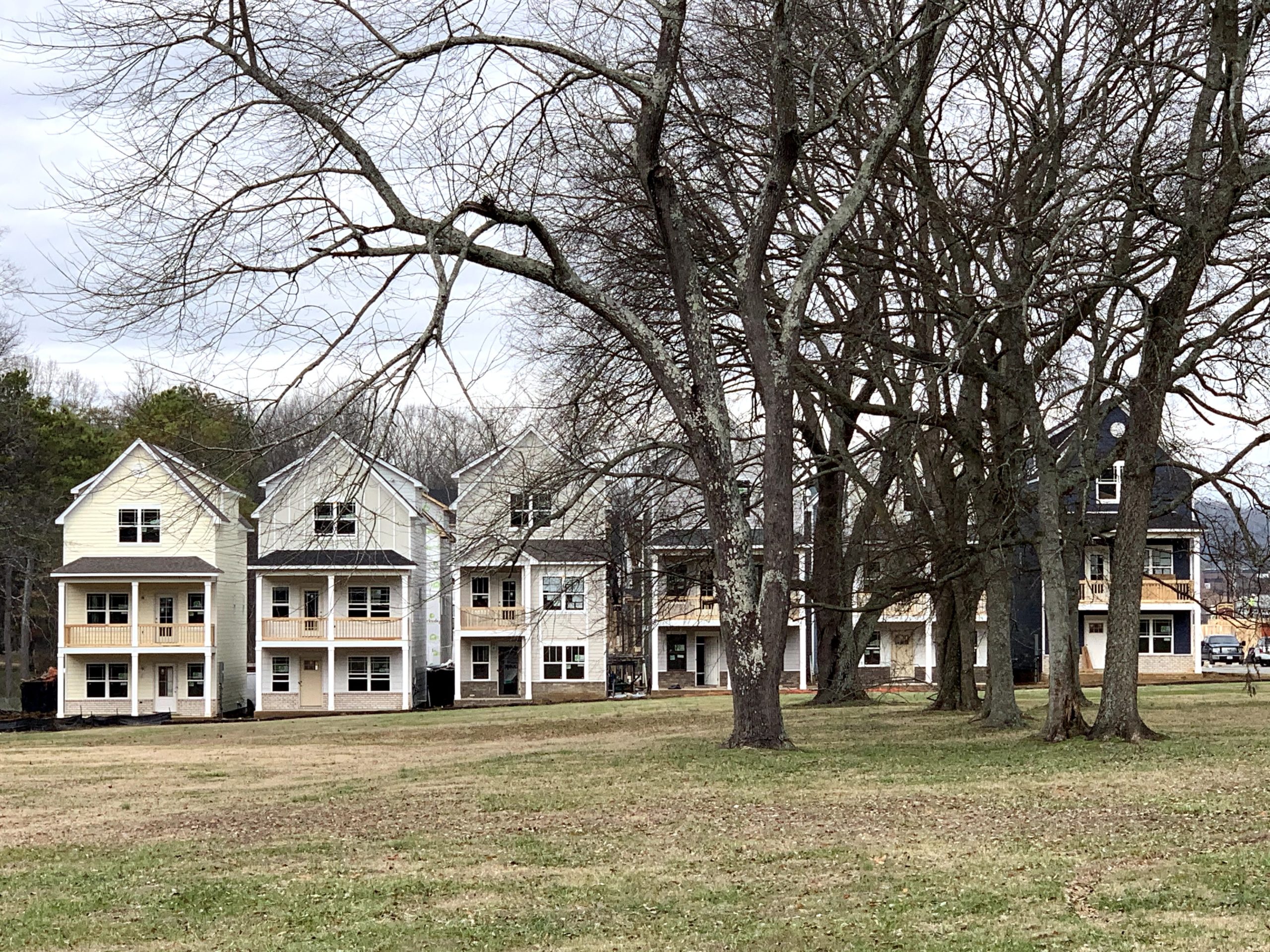 Reader Question: What is the disclosure responsibility regarding the construction or other known issues when buying a condominium unit using an agent? I looked at a condo development and noticed that the grade was not appropriate around the structure. Water seepage was evident inside the unit. The agent explicitly stated she did not want to know about the issues.
Reader Question: What is the disclosure responsibility regarding the construction or other known issues when buying a condominium unit using an agent? I looked at a condo development and noticed that the grade was not appropriate around the structure. Water seepage was evident inside the unit. The agent explicitly stated she did not want to know about the issues.
Monty’s Answer: I have resided in an upscale condominium project that contained numerous infrastructure issues that were very costly to correct due to design and construction flaws. The Department of Housing and Urban Development (HUD), states there are over 150,000 condominium developments in the United States.
Condominiums are different from a single-family home. Condominium units sometimes present the potential for condition problems outside of the unit itself. Disclosure of defects and construction flaws may be present but not reported. Understand that the association may not want to share information that negatively affects the value of all the units in the association. To get a better sense of the condominium complexity, the American Planning Association has a paper published in 1962 at http://bit.ly/2O1Ghjf. The basics are very similar today.
General characteristics of condominium associations
Condominiums, as a rule, have different uses of the property contained in the structure. There are common areas, limited common areas, and areas the condo unit owner owns and controls. The articles of organization, the bylaws, and the rules of a condominium association spell out how the organization operates.
Condominium buildings use a variety of construction techniques and materials. Builders are appealing to different market segments when they design and build the structure(s). For example, some projects are far less expensive to build and operate than others. A unit owner may experience flaws or higher maintenance costs regardless of the cost of entry.
Engineers and architects design the plans, contractors build the structure, attorneys create condominium documents, and land surveyors delineate the different types of spaces. These professionals, and the association itself, can unwittingly implement poor judgment or make mistakes that add costs and confusion for the unit owners. Some projects are deemed unwarrantable. Check this out at http://bit.ly/2RWt8ZQ.
Tips for scrutinizing a condo project
- Talk with current and former residents.
- Learn if a professional firm or a group of unit owners manage the association.
- Choose professionals for advice that are knowledgeable about condominium associations.
- Speak with association vendors that physically work on or in the buildings.
- Ensure your unit inspector is familiar with condominium inspections and query for the details about what is inspected, and not inspected.
- Seek copies of the minutes of the association meetings and the financial statements for the last two years.
- Inspect the condo documents before you decide to buy.
- Is the real estate agent contracted with the developer or an independent unit owner.
Not having all the facts, I suspect the agent made a mistake. Some real estate agents have abdicated the responsibility of the condition to a home inspector in the mistaken belief doing so limits their liability. My recommendation to every condominium buyer is to take a ” caveat emptor ” approach.


